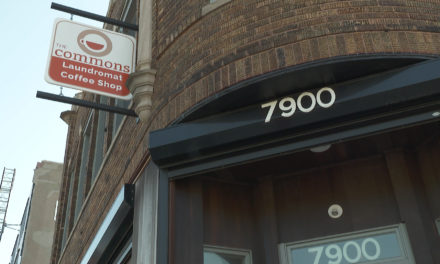For Susie Young, the days before she was a unionized caregiver weren’t ones to cheer about.
“Before the union came in, we had nothing,” she said. “No training. Forget about a paid holiday or vacation. … There’s many workers in this country today that’s where they are.”
Young, 73, lives and works in Spokane, Washington, where she has been a home care worker for about 35 years. She helps a developmentally delayed man who’s high-functioning enough to work outside the home and ride the bus but still needs reminders and other assistance to keep him on track.
Her workload, a couple of days a week, is less than it once was. Decades ago, Young, who’s a founding member of the executive board of the Service Employees International Union Local 775, was caring for people suffering from HIV and was a union skeptic. Having to press her employers for basic protective gear, a situation that’s since improved, was what, she said, changed her mind about the union.
For the rest of the story, go to the Detroit Free Press’ site.
About this project
This and related stories on the Biden administration’s caregiving plans are produced through the New York & Michigan Solutions Journalism Collaborative, a partnership of news organizations and universities dedicated to rigorous and compelling reporting about successful responses to social problems. The group, supported by the Solutions Journalism Network, has been producing stories on potential solutions to the challenges facing caregivers of older adults.





